Search Results
Showing results 1 to 9 of 9
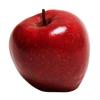
An Apple as Planet Earth
Source Institutions
In this environmental education demonstration (page 6 of the PDF), learners will see a tangible representation of the scarcity of soil resources on earth.
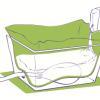
Make a Model Caldera
Source Institutions
In this quick activity (page 2 of PDF under GPS: Lava Flow Activity), learners will model how large depressions near the top of a volcano are formed by using an inflating and deflating balloon submerg
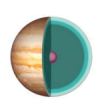
Jiggly Jupiter
Source Institutions
In this activity, learners build edible models of Jupiter and Earth to compare their sizes and illustrate the planets' internal layers.
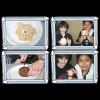
Edible Earth
Source Institutions
In this activity, learners make a model of the solid Earth's layers that's good enough to eat! Learners use tasty foodstuffs to simulate Earth's inner core, outer core, mantle, and crust.
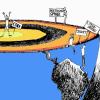
Earth Walk
Source Institutions
In this hands-on and feet-on excursion, learners take a science walk to visualize the planet's immense size and numerous structures, without the usual scale and ratio dimensions found in most textbook
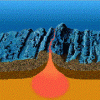
Mid-Ocean Ridge Spreading
Source Institutions
In this earth science activity (page 14 of the PDF), learners use layers of closed-cell foam to create their own model of the mid-ocean ridge in order to simulate seafloor spreading.
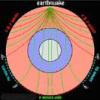
Earthquake Energy
Source Institutions
In this geology activity (page 3 of the PDF), learners simulate an earthquake with little more than an elastic band and drinking straws.
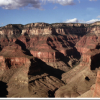
Signs of Life
Source Institutions
In this activity, learners examine photo images of Earth taken from space, and attempt to identify and explain some of our planet's geological features.
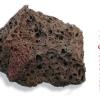
Rock Cycle Roundabout
Source Institutions
In this activity, learners will learn how igneous rock, metamorphic rock, and sedimentary rock are formed as part of the rock cycle and that the same forces that produce/change rocks also produce/chan
